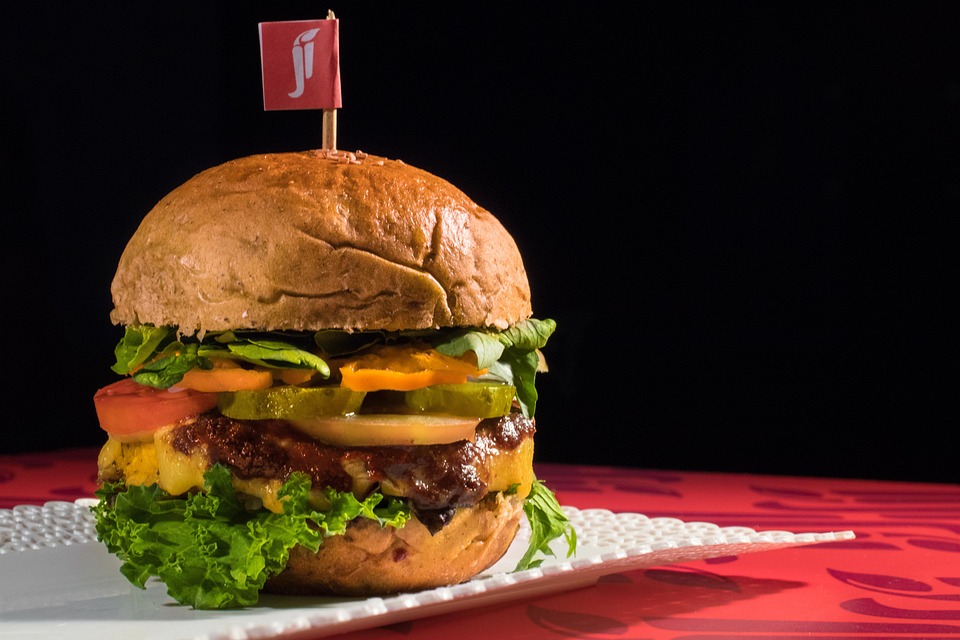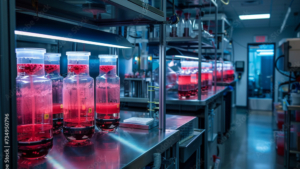
Ultra-processed foods increase risk for cancer
British researchers have linked higher consumption of ultra-processed foods to an increased risk of developing and dying from cancer.
According to a long-term data from the UK biobank, high consumption of ultra-processed foods are linked to bad health outcomes such as diabetes,- cardiovascular diseases, and obesity. A new study headed by Dr Eszter Vamos from Imperial College London suggest that ultra-processed foods such as breakfast cereals, protein concentrates, mass-produced packages bread or ready meals) are significantly increasing the risk of developing many cancers. The most comprehensive assessment to date of the association between ultra-processed foods and cancer risk is not yet a proof that processed foods cause cancer but is an important risk factor. The study team involved researchers from the UK, the International Agency for Research on Cancer (IARC), University of São Paulo, and NOVA University Lisbon (eClinicalMedicine)
It’s not good news for organic foodstores selling ready meals or vegan protein makers whose products are said to be highly processes: cconvienient foods that are produced with industrially derived ingredients and often use food additives to adjust colour, flavour, consistency, texture, or extend shelf life appear not to hold its marketing promise as healthy options.
The first UK study of its kind used UK Biobank records to collect information on the diets of 200,000 middle-aged adult participants. Researchers monitored participants’ health over a 10-year period, looking at the risk of developing any cancer overall as well as the specific risk of developing 34 types of cancer. They also looked at the risk of people dying from cancer.
The study found that higher consumption of ultra-processed foods was associated with a greater risk of developing cancer overall, and specifically with ovarian and brain cancers. It was also associated with an increased risk of dying from cancer, most notably with ovarian and breast cancers. For every 10% increase in ultra-processed food in a person’s diet, there was an increased incidence of 2% for cancer overall, and a 19% increase for ovarian cancer specifically. Each 10% increase in ultra-processed food consumption was also associated with increased mortality for cancer overall by 6%, alongside a 16% increase for breast cancer and a 30% increase for ovarian cancer. These links remained after adjusting for a range of socio-economic, behavioural and dietary factors, such as smoking status, physical activity and body mass index (BMI).
The team also found that higher consumption of ultra-processed foods was associated with a greater risk of developing obesity and type 2 diabetes in UK adults, and a greater weight gain in UK children extending from childhood to young adulthood.
This study adds to the growing evidence that ultra-processed foods are likely to negatively impact our health including our risk for cancer,” said Vamos. “Given the high levels of consumption in UK adults and children, this has important implications for future health outcomes. Although our study cannot prove causation, other available evidence shows that reducing ultra-processed foods in our diet could provide important health benefits. Further research is needed to confirm these findings and understand the best public health strategies to reduce the widespread presence and harms of ultra-processed foods in our diet, she added
The average person in the UK consumes more than half of their daily energy intake from ultra-processed foods,” explaind Dr Kiara Chang, first author for the study. Our bodies may not react the same way to these ultra-processed ingredients and additives as they do to fresh and nutritious minimally processed foods….This shows our food environment needs urgent reform to protect the population from ultra-processed foods.
The World Health Organisation and the United Nations’ Food and Agriculture Organisation has previously recommended restricting ultra-processed foods as part of a healthy sustainable diet.


 Vedran Vukoja AKA vepar5, stock.adobe.com
Vedran Vukoja AKA vepar5, stock.adobe.com adobe stock photo - JR-50
adobe stock photo - JR-50 Consilium
Consilium